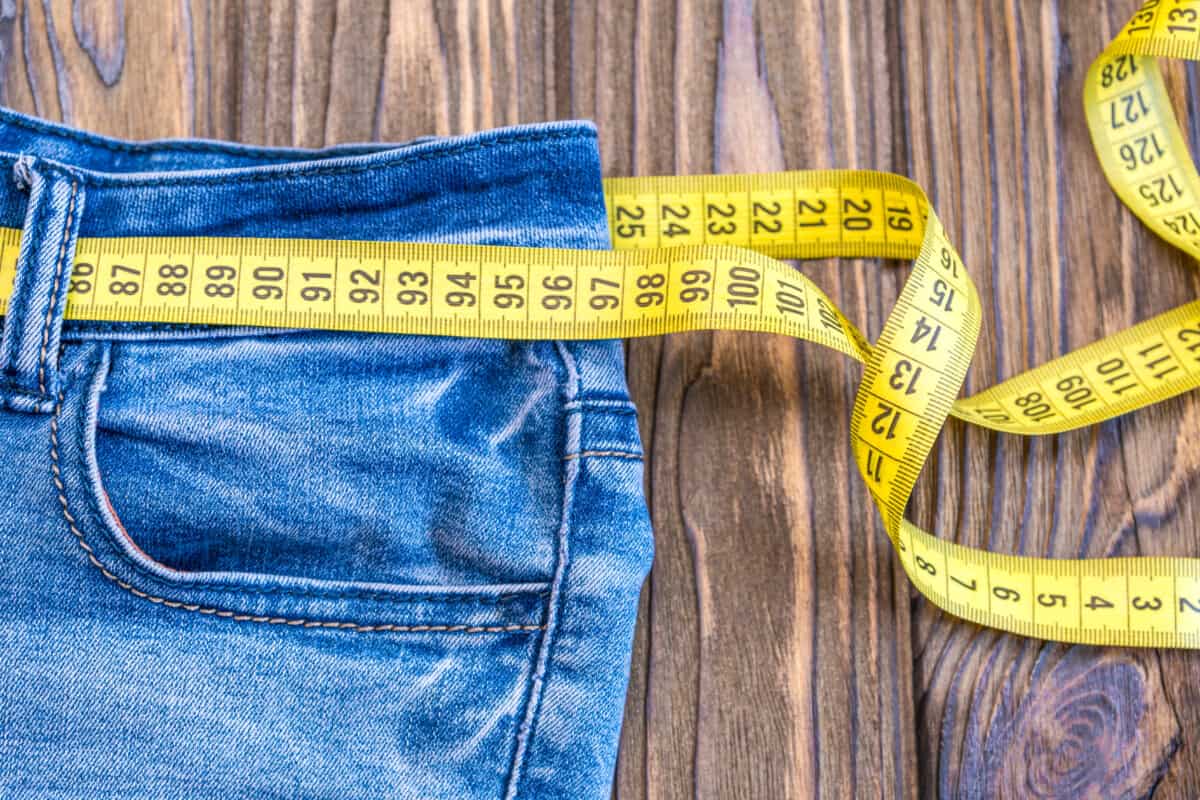I’ve received a ton of questions lately about whether or not you should do cardio on an empty stomach to burn more fat and I’ve decided to put the mystery surrounding this theory to rest. People have been doing cardio on an empty stomach since the good ole’ bodybuilding days and it’s still going strong today.
In fact, when I was first discovering all the fat burning strategies and methods doing cardio on an empty stomach was one of them. So I always try something before I recommend it either way to my clients and I’m going to share with you my shocking results right here, right now.
So to be fair to both sides I’m going to weigh both the pros and cons of doing cardio on an empty stomach. WARNING: Science Content Ahead!
Your bodies preferred fuel during exercise is glycogen and this is the stored form of carbohydrates in your body. Those who are FOR doing cardio first thing in the morning on an empty stomach argue that your glycogen levels are pretty depleted after a long night’s fasting, so therefore your body will burn a higher fat percentage as fuel because it’s main source of energy is gone.
Ask any dietician or nutritionist who knows anything about what they’re talking about and they’ll tell you that your body can store glycogen for 12-16 hours before it needs to refueled by another meal. And if these glycogen fuels aren’t restored then they’ll turn to your hard-earned lean muscle to break down your quick energy stores such as glucose.
This is how it works. Even with small trace amount of glycogen levels in your body, you body still will NOT burn fat as its main fuel source. So therefore you’re actually burning off your sexy muscle to use as fuel which in the end will only have your body storing more fat and looking flabbier than a beached whale.
And most of the human race will eat a meal a couple hours or so before going to sleep and people on average should only be sleeping around 8 hours every night. Do the math and this will obviously leave some amount of glycogen in your body when you train 10-12 hours or whatever after eating your meal last night.
All the old school fat burning “experts” will argue that when you train your body will have just enough glycogen to burn some fat but also low enough levels that to compensate for it your body will burn more fat that normal.
Then they also suggest dong slow-steady cardio for 60-90 minutes so your body burns more fat as a percentage. While this statement is TRUE, it’s also a trick. Your body does burn more fat as a percentage from doing slow-steady state cardio but it doesn’t burn anywhere NEAR as much as doing High Intensity Interval Training (HIIT).
And when you do cardio in a fasted state you’re in no shape to have a real deal HIIT workout session because those bad boys are intense!
So when it’s all said and done you can tell yourself that I told you that I DON’T RECOMMEND doing cardio on an empty stomach. You willundoubtedly get some results from doing it for a long time but there are so many studies out there who have totally debunked slow steady state cardio as the best method of fat loss.
If you’re desperate for something to eat in the morning try a meal replacement or a protein shake, check out my Prograde review too.
Instead do the High Intensity Interval Training and make sure that you’ve had a smaller meal 1-2 hours before your workout. Make sure that you’re well hydrated and this will be enough to ensure that you have the best fat burning cardio workout possible. Also be sure to take in a meal with protein and carbohydrates after you finish your intense workout to start the recovery process.
If you’re like me then I would also recommend going out in the great outdoors and doing your HIIT workouts. All you need to do is go for run with sprints, or you could do do some sprints going uphill, or you could even get your bike and go fast!
Josh holds a Bachelor’s degree in Exercise Physiology and Nutrition Science. He’s a Certified Strength and Conditioning Specialist (CSCS) by the National Strength and Conditioning Association and he’s a Certified Personal Trainer (CPT) by American Council on Exercise. He’s worked as a Strength and Conditioning Coach at the high school and college levels. He has over 15 years of experience as a personal trainer and nutrition coach. He strives to bring inspiration and results for people to live healthier lives through smart diet and exercise.





